Lower Airway Anatomy
In this video you will learn. Have 6 minutes to spare.
 What Structures Are In The Upper Respiratory Tract And The
What Structures Are In The Upper Respiratory Tract And The
The upper airway consists of the pharynx and the nasal cavities.
Lower airway anatomy. The main structures of the. The lower airways or lower respiratory tract includes the portion of the larynx below the vocal folds trachea bronchi and bronchioles. Lower airway anatomy after passing the larynx air is considered to be in the lower airway the general path of air at this point is as follows.
Trachea bronchi bronchioles then the alveoli. Lower respiratory tract structural and functional anatomy the organs making up the lower respiratory tract are all protected and kept in place by the rib cage and the sternum while the diaphragm and the intercostal muscles are vital to their functioning as well 3. Knowledge of the functional anatomy of the airway in these forms the basis of understanding the pathological conditions that may occur.
The lungs can be included in the lower respiratory tract or as separate entity and include the respiratory bronchioles alveolar ducts alveolar sacs and alveoli. It includes the mouth the nose the palate the uvula the pharynx and the larynx. The lateral wall of the nose consists of three turbinates or conchae superior middle and inferior.
Lower airway anatomy bronchi branch into secondary tertiary bronchi that branch into bronchioles bronchioles no cartilage in walls small smooth muscle tubes branch into alveolar ducts that end at alveolar sacs. Then dive into the lower respiratory system with biology instructor molli crenshaw of texas christian university. However some authors include the larynx and trachea as well.
The pharynx is can be divided into the nasopharynx oropharynx and laryngopharynx. The upper airway extends from the mouth to the trachea. Anatomy of respiratory system.
Nose and nasal cavity are divided into two halves by the nasal septum. The lower respiratory system or lower respiratory tract consists of the trachea the bronchi and bronchioles and the alveoli which make up the lungs. These structures pull in air from the upper respiratory system absorb the oxygen and release carbon dioxide in exchange.
The discussion is mainly concentrated on the lower respiratory tract and the related physiology. The nose is composed of bone and cartilage which are in turn attached to the facial skeleton.
 Functional Anatomy And Physiology Of Airway Intechopen
Functional Anatomy And Physiology Of Airway Intechopen
 Functional Anatomy And Physiology Of Airway Intechopen
Functional Anatomy And Physiology Of Airway Intechopen
 Chapter Sg14 Solutions Loose Leaf For Anatomy Physiology
Chapter Sg14 Solutions Loose Leaf For Anatomy Physiology
Anatomy And Physiology Of Respiratory System Relevant To
Difference Between Upper And Lower Respiratory Tract
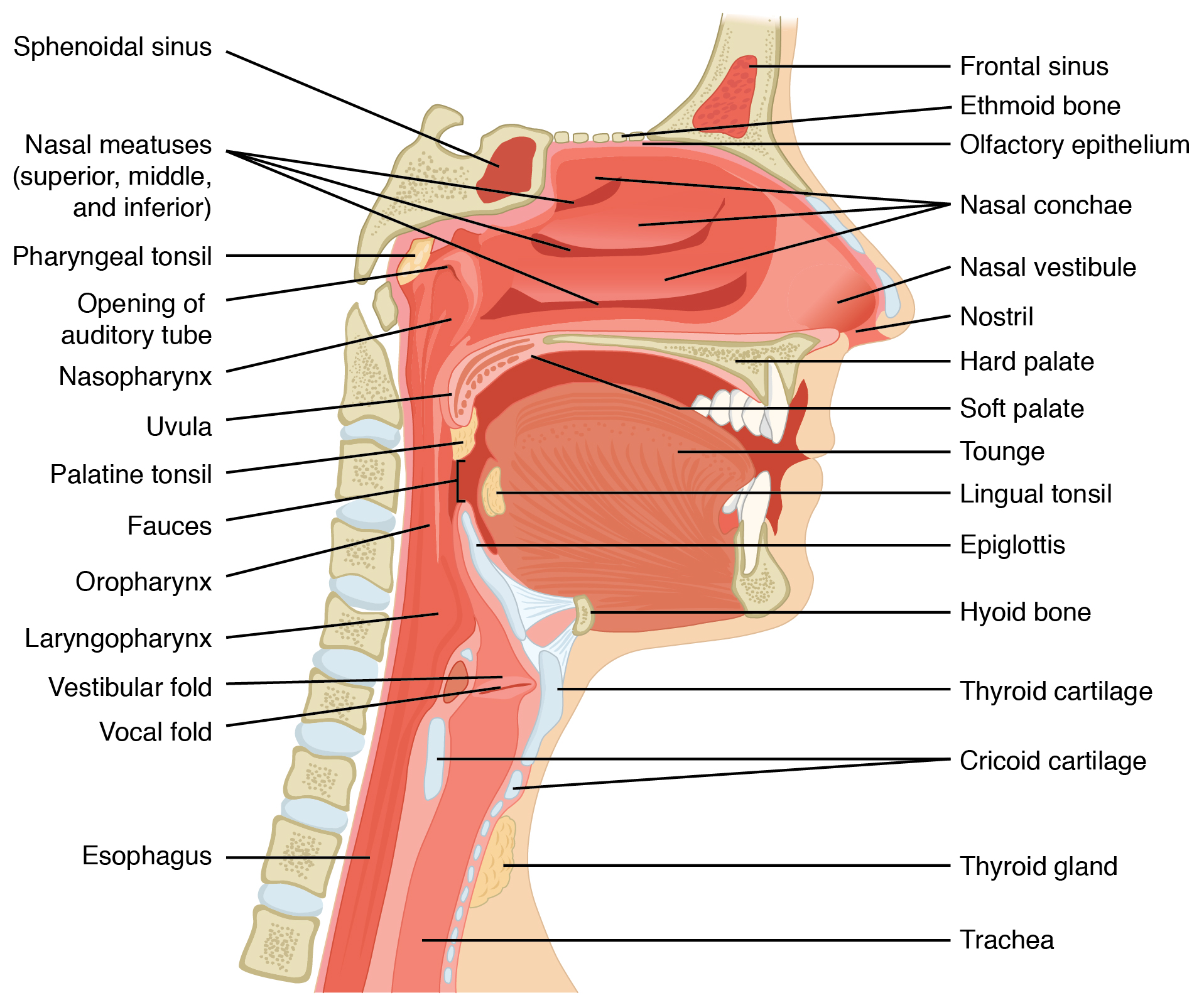 22 1 Organs And Structures Of The Respiratory System
22 1 Organs And Structures Of The Respiratory System
Airway Anatomy And Physiology Clinical Essentials
 Airway Management Thoracic Key
Airway Management Thoracic Key
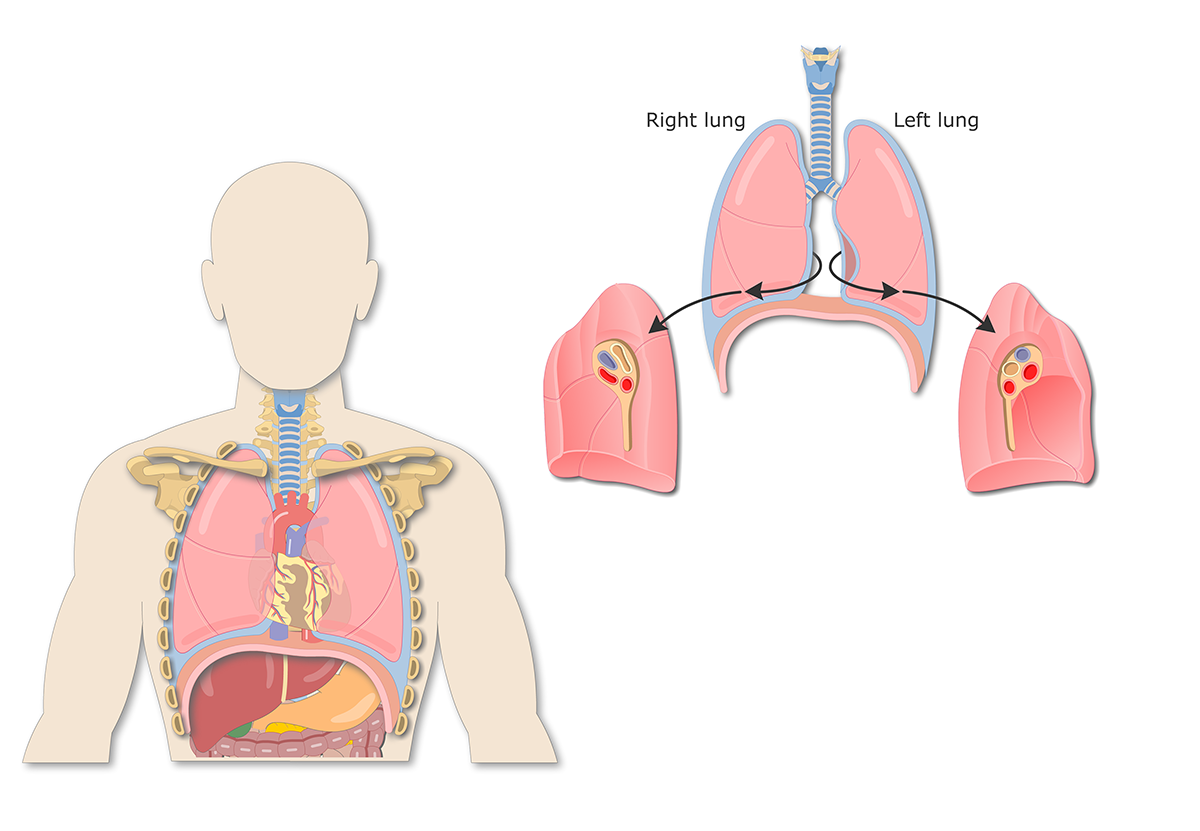 Respiratory System Anatomy Major Zones Divisions
Respiratory System Anatomy Major Zones Divisions
 Respiratory Rate 2 Anatomy And Physiology Of Breathing
Respiratory Rate 2 Anatomy And Physiology Of Breathing
 Airway Anatomy For The Bronchoscopist An Anesthesia
Airway Anatomy For The Bronchoscopist An Anesthesia
Airway Anatomy And Physiology Clinical Essentials
 Comparative Anatomy Of The Lower Airways In Adults And
Comparative Anatomy Of The Lower Airways In Adults And
 Anatomy Of The Lower Respiratory System This Includes The
Anatomy Of The Lower Respiratory System This Includes The
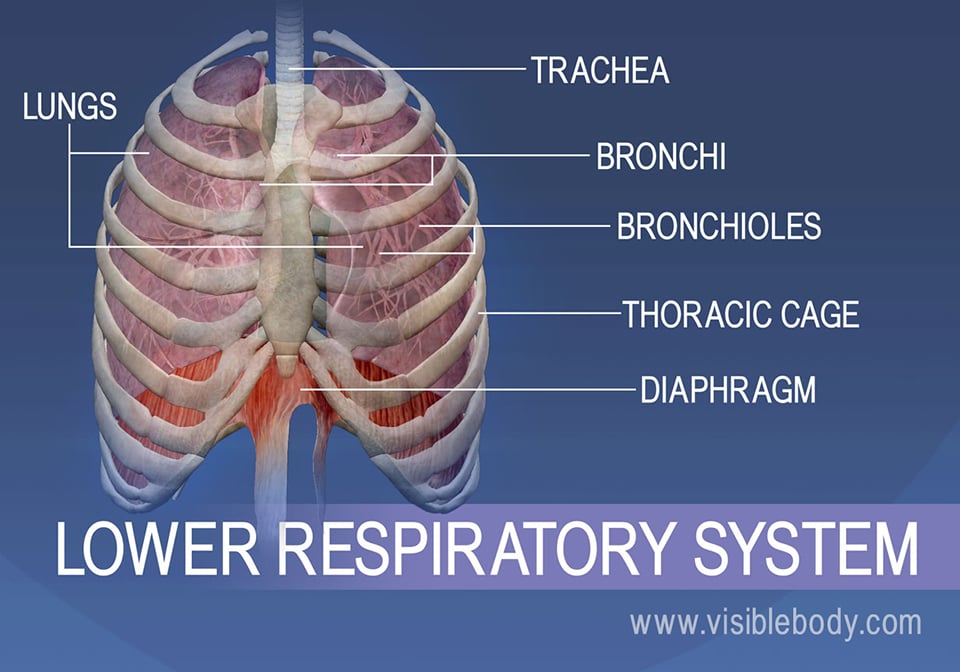 Lower Respiratory System Respiratory Anatomy
Lower Respiratory System Respiratory Anatomy
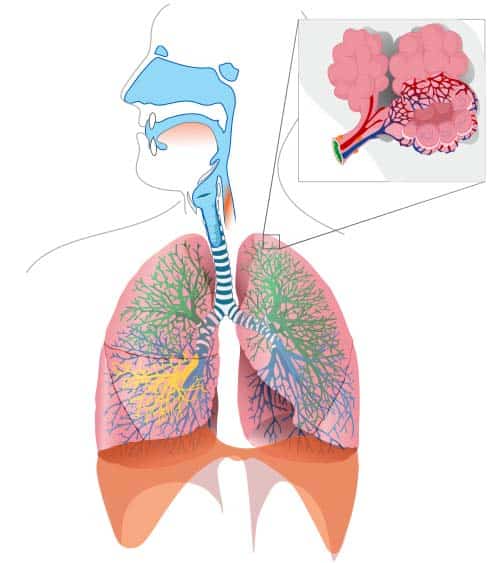 The Tracheobronchial Tree Trachea Bronchi Teachmeanatomy
The Tracheobronchial Tree Trachea Bronchi Teachmeanatomy
B2w6 Lower Airway Identification Lower Airway Anatomy
 What Structures Are In The Upper Respiratory Tract And The
What Structures Are In The Upper Respiratory Tract And The
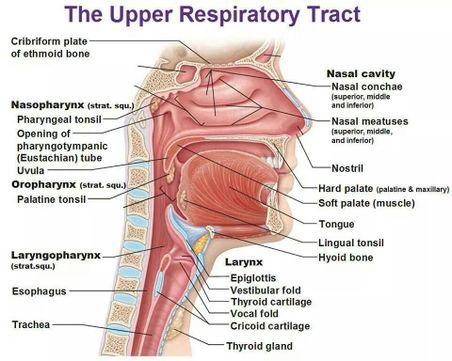 Upper Respiratory Airways Physiopedia
Upper Respiratory Airways Physiopedia
Anatomy Physiology Background Voice Clinic Of Indiana
:watermark(/images/watermark_5000_10percent.png,0,0,0):watermark(/images/logo_url.png,-10,-10,0):format(jpeg)/images/atlas_overview_image/133/WEQU5hv5Rk6ZH7SurbIgVQ_anatomy-of-respiratory-system_english.jpg) Lower Respiratory Tract Histology And Function Kenhub
Lower Respiratory Tract Histology And Function Kenhub
Respiratory System Anatomy Course Hero
 Airway Airway Anatomy Basic Airway Anatomy
Airway Airway Anatomy Basic Airway Anatomy

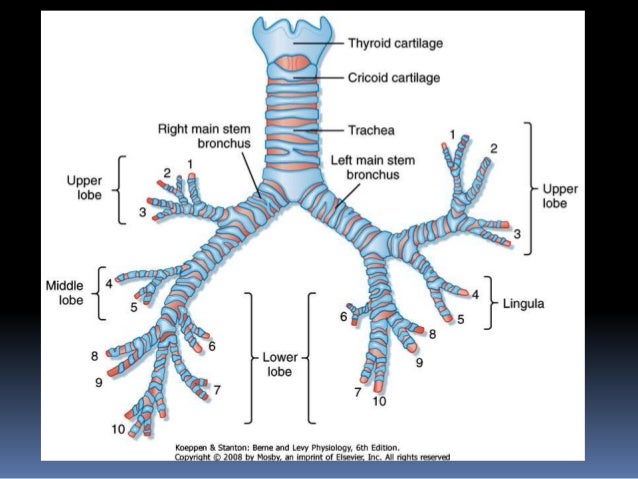



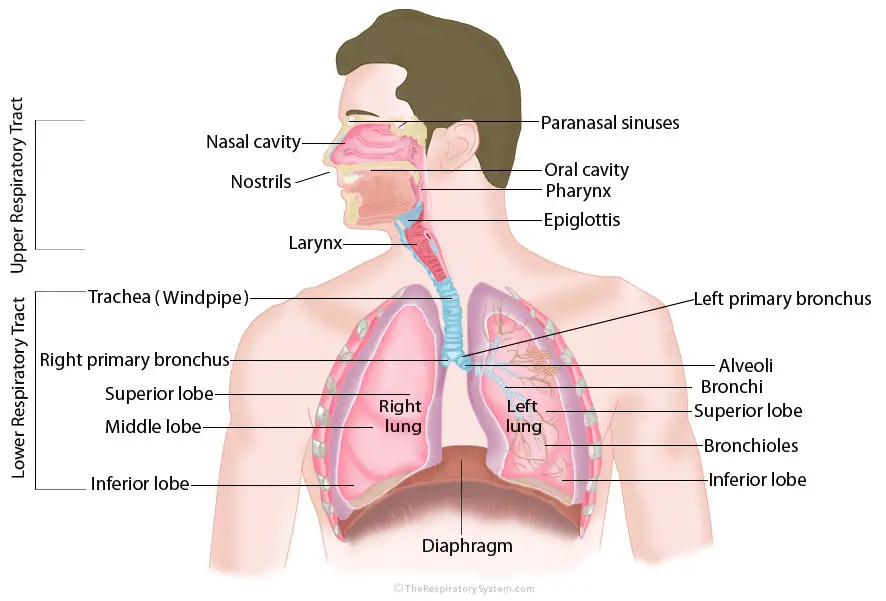
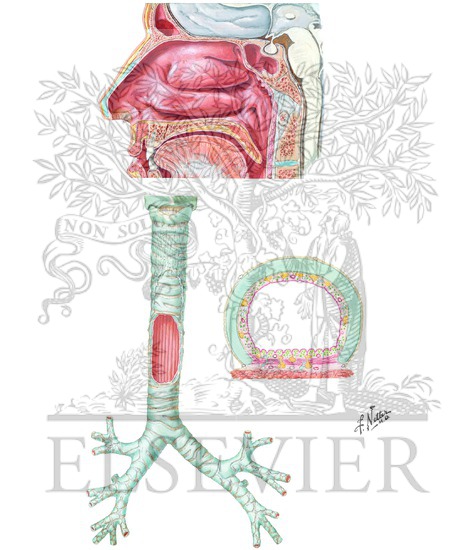
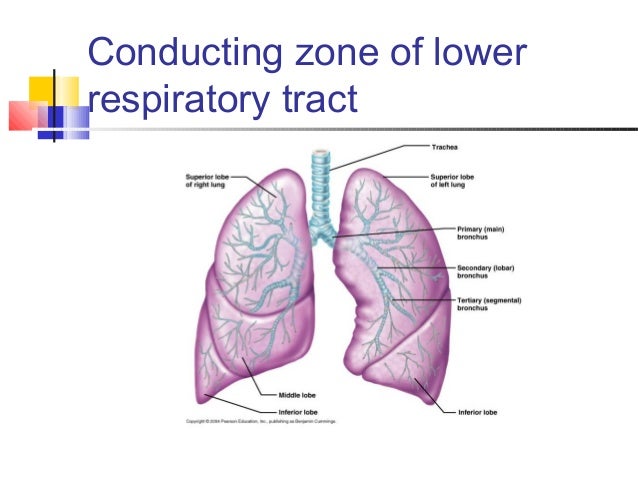
Belum ada Komentar untuk "Lower Airway Anatomy"
Posting Komentar